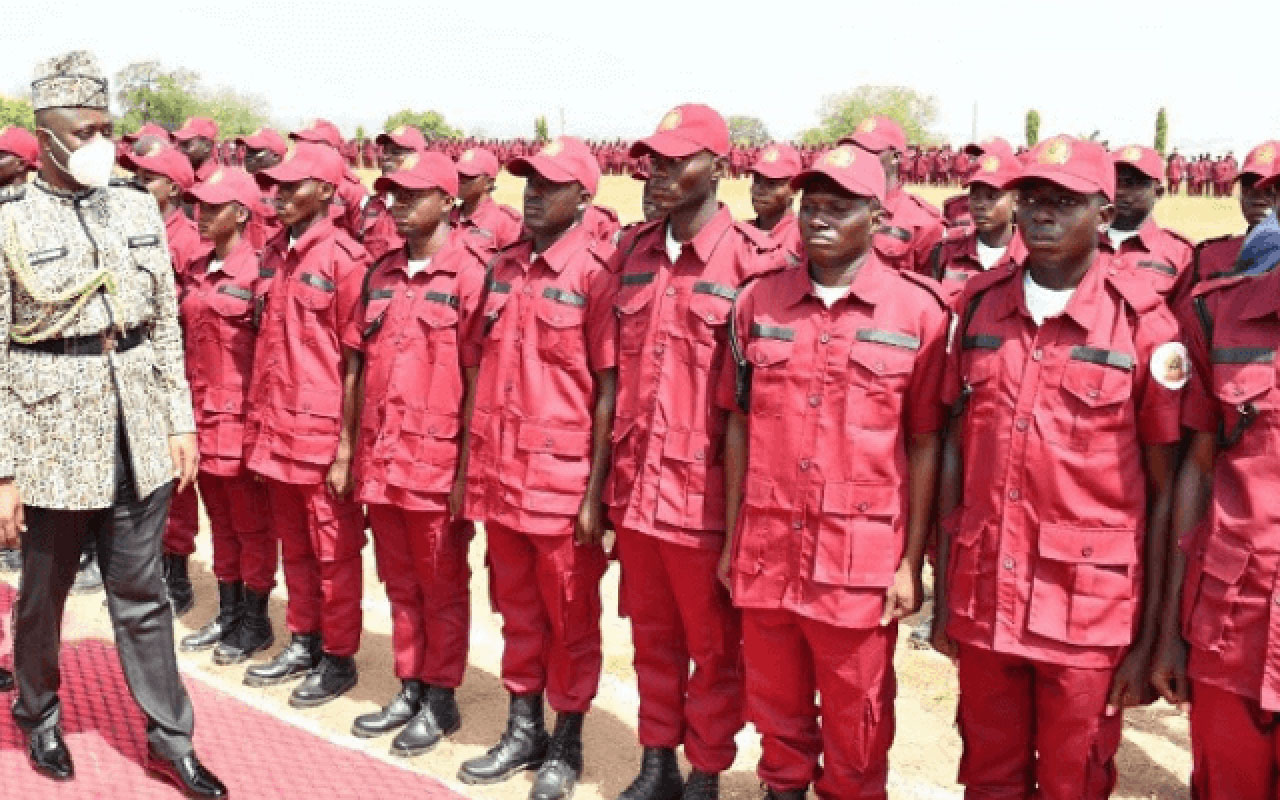
Keen watchers of the Economic Community of West African States (ECOWAS) would have noticed a silent but revolutionary action taken recently by Nigeria, the economic and political powerhouse in West Africa, as part of efforts to counter a rather disturbing public perception that the regional organisation is losing focus and relevance.
Analysts have described ECOWAS of today as lacking in visionary leadership and political will, and that it has become a club of leaders engaged in the protection of their enlightened self-interests to the detriment of the community citizens. This flows from the organisation’s lethargic responses to conflicts and a growing tendency in the legitimization of incumbent governments and subtle acquiescence to the third-term presidency and indiscriminate change of national constitutions for tenure elongation. Recent elections in Cote d’Ivoire and Guinea, and the looming dangers in Togo, Benin, The Gambia and Senegal, have been cited as cases in point.
At a recent ECOWAS virtual Summit on the political crisis in Mali, Nigeria’s President Muhammadu Buhari was emphatic, in warning his peers against the dangers of third-term syndrome and tenure elongation in Africa. But that warning would appear to have fallen on deaf ears. Third-term induced violence marred recent elections in Cote d’Ivoire and Guinea. It is therefore no surprise that Abuja had to withhold the traditional congratulatory messages for Alassane Ouattara of Côte d’Ivoire and Alpha Conde of Guinea who were declared winners of the December 2020 elections in the two countries, respectively. This is a subtle but strong statement that Nigeria is determined to assert itself and ensure that ECOWAS rediscovers its relevance.
When ECOWAS was formed in May 1975 to foster regional integration, military dictatorships held sway in many countries in West Africa. But Nigeria’s former Head of State, Gen. Yakubu Gowon and his Togolese counterpart Gen. Gnassingbe Eyadema ordered their Ministers, Prof Adebayo Adedeji (Nigeria) and Edem Kodjo (Togo) on the difficult diplomatic shuttles that resulted in the signing of the 25th May 1975 Treaty of Lagos that birthed ECOWAS. This was achieved against strong opposition from then President Felix Houphouet-Boigny of Cote d’Ivoire, a staunch ally of France, the former colonial power in Francophone Africa.
However, France, which has always preferred a France-Afrique or France-African Union, has never relented. To attract Houphouet-Bogny into the ECOWAS fold, Nigeria facilitated his transportation to participate in the signing of the Treaty of Lagos and ensured that Cote d’Ivoire’s Aboubakar Ouattara emerged as the first Executive Secretary of ECOWAS.
The undying crave by France for political influence in West Africa has continued to undermine ECOWAS’ regional integration agenda. For instance, the establishment of the West African Economic and Monetary Union (UEMOA) is in accentuation of that rivalry. UEMOA’s eight members belong to ECOWAS, and are using the West African Franc (CFA), which is bankrolled by the French Treasury. Beyond competing with ECOWAS for international development support, it is believed that UEMOA was solely set up to counter ECOWAS or even destroy it.
It would be recalled that late last year, France and UEMOA members led by Cote d’Ivoire, had attempted to hijack ECO, the ECOWAS’ proposed common currency to replace CFA, a move stoutly rejected by Nigeria and other ECOWAS member States.
ECOWAS has since evolved into Africa’s leading regional power bloc, particularly with exemplary credentials in preventive diplomacy, intra- and inter-state conflict management and resolution among its 15 member States. ECOWAS’ interventions ended the civil wars in Liberia and Sierra Leone and have facilitated democratic processes in many other countries in the region.
The organisation has continued to rein in authoritarian and dictatorial tendencies of some of its leaders. A typical example was in 2009 when ECOWAS took a principled stance to stop former President Mamadou Tandja of Niger from extending his tenure. Also, in 2011, while the African Union, which has the African Commission on Human and Peoples Right based in Banjul, could not call dictatorial President Yahya Jammeh to order on his chain of human rights violations, ECOWAS made a bold statement by refusing to send a Mission to observe what was destined to be an un-democratic election held in the country that year.
ECOWAS did not recognize the outcome of that vote. When Jammeh held another election in 2016 and refused to concede defeat, ECOWAS sent a military mission to The Gambia and led international efforts to ease Jammeh to exile in Equatorial Guinea. His departure could have been sooner if the AU and the international community had backed Nigeria’s and ECOWAS’ principled stance of 2011.
Today, the ECOWAS leadership, which is heavily influenced by Paris, is sleeping at the wheel, lacking the courage to speak truth to power. The leadership deficiency has crept into the management of various ECOWAS institutions, the ECOWAS Commission and Specialized Agencies. There is division along linguistic lines (French and English) with the distribution of key statutory positions in favour of the Francophone bloc and against Nigeria, which shoulders more than 60% of the ECOWAS annual budget through payment of the Community Levy.
Johnson, a foreign affairs analyst, wrote from Abuja.






